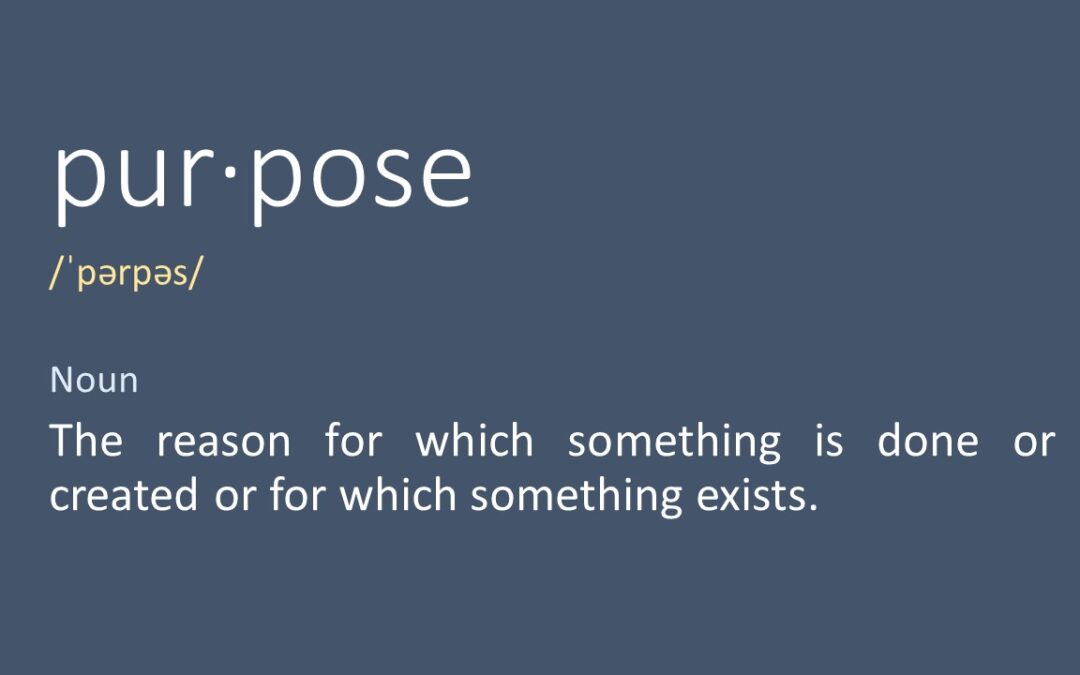Of all the methods available to increase engagement, productivity, and performance, the most powerful is meaningfulness.
Simply defined, meaningfulness is a company mission that employees can relate to as people. It’s a statement that reassures them their work is making the world a better place. For this reason, I like to think of it as a “higher purpose.”
A “higher purpose” touches on all key human needs: belonging, self-esteem, and self-actualization.
According to a survey by The Energy Project, employees who find meaning in their work are three times more likely to stay at their job, report 1.7 times greater job satisfaction, and are 1.4 times more engaged at work. It had the highest impact of any variable tested.
If your company has been through a mission statement process, review your mission and goals. If they describe market share or leadership in a business category, think higher. Virtually every business has a higher purpose.
An easy one would be a medical product manufacturer, whose purpose could be “to ease pain and promote healing.”
An accounting firm can aspire to “protect wealth and create security.”
An ad advertising agency stated its purpose as “making the world a better place by the way we conduct business and the messages we send into the world.”
This is not just new-age, spiritual silliness. Your higher purpose is more than words for your employees; it can be a guiding principle for the way you manage your business. It’s a baseline for decision making, personnel policies, and even marketing strategies.
Once your employees see that your purpose is more than words on paper, you will begin to see an uptick in job satisfaction, a decrease in turnover, and greater employee engagement.
So what is the purpose of your work?

